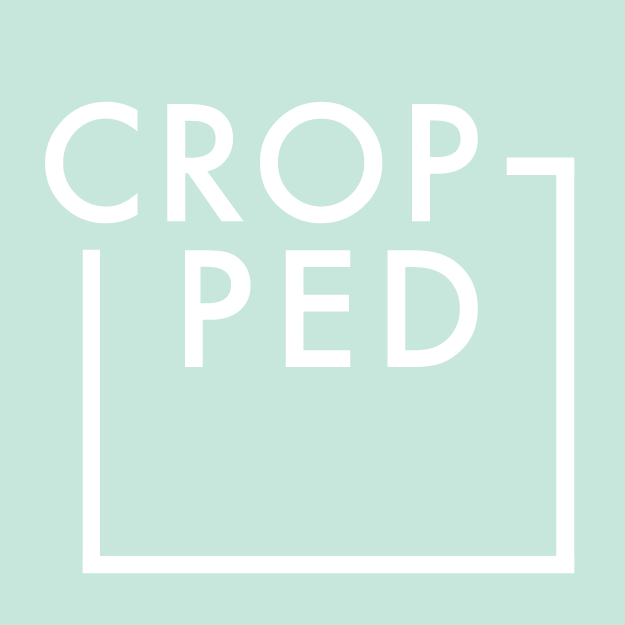ON FOOD
By Renee Dunn
My boyfriend rolls his eyes, eager to eat before the food gets cold, while I curate the perfect picture (or the best I can get on an iPhone 5C). Get the pesto drizzled just right, the egg yolk oozing, the nut butter glob glistening in the center of the smoothie bowl. If you know me, you know food lights me up. Scouring grocery store aisles for the newest products; reading restaurant menus and food blogs for fun; hell, I wanted in so badly that I decided to start a food business myself.
Ah, food. I love it. It nourishes me. It comforts me. It fuels me. It inspires me. The taste, the smell, the sound — pan sizzling, processor whirring, kettle boiling, knife chopping. It conveys connection, tradition, affection and affirmation in ways that sometimes words cannot.
But, food, man. I hate it. It consumes me, just as I consume it.
Living in an Eastern European, Jewish, second-generation Holocaust survivor household, I was always well-fed. My mother and grandmother never hesitated to offer me seconds or pack me extra snacks. I have fond memories of my Oma's cheesy tuna fish casserole piled in heaps on my plate, brie cheese that I had scoured when my mom hosted book club, endless Shabbat dinners and my after school "snacks" of veggies, an avocado-hummus sandwich, chocolate milk and string cheese.
I don’t remember when exactly the negativity developed, but I know that by the time I was in middle school, my relationship with food was a minefield that even I couldn't navigate. Maybe it was at this point that I had internalized that I was rounder than the other girls my age, that I was a "fat kid." My eating habits had morphed into a strict moral code. Counting, restricting, arbitrary “shoulds” and “should-nots.” A single bite determining my entire self-worth.
“By the time I was in middle school, my relationship with food was a minefield that even I couldn't navigate.”
In particular, I struggled with binge eating. Hiding in the dark, jar of peanut butter in hand — a regretfully familiar scene. Forget the spoon, I’ll just use my fingers; damage is done, no turning back now, fridge and pantry doors agape. I’ve hit the bottom of the jar. "I’ve done bad."
This continued through college, and in the years following I'd brush isolated incidents aside, reassuring myself that I’ve “gotten a grip” since my dark daily hoards and binge sessions.
Until more recent enlightenment, "getting a grip" meant that I had dropped the calorie counting, obsessive tracking and rigid restrictions; that I'd grown into greater acceptance of myself, telling myself I was free from judgment because I “let” myself eat formerly forbidden foods. I moved away from the “eat to burn, burn to eat” attitude I once had.
… And then I would find myself once again inhaling everything. In the dim light of the open fridge, at night, alone. Judgment rearing its ugly head.
In January, in a moment of debilitating discouragement after an unexpected affair with my chocolate collection, I realized something: I can remove the rules, but the encompassing moral framework within which I created these guidelines remains. My speech and thoughts pertaining to food are peppered with words like “earn,” “deserve,” “treat.” Each phrase carries merit, value judgment; it harbors criticism and an inherent need for qualification.
I have since come to understand that I am always thinking about what I should be eating next, or whether I'm doing enough. It takes up so much brain space, so much energy. As a busy, budding entrepreneur, that frustrates me — ain't nobody got time for that. Why do I keep getting caught up in this constant chatter?
“Food is a lot of things, but food is not a measure of worth.”
I found that my relationship with food mirrors my relationship with myself: If something is "wrong," if I am feeling negative or facing an impending obstacle, it shows up in my eating. Food is my mask. Instead of addressing my mind’s stories of I'm not doing enough, I don't know what I'm doing, or simply, I am not enough, I let myself get distracted by stories of food.
As a detail-oriented individual, it's easier for me to hone in on my little food-related moral code because it's simpler than fixing the larger issues of self-doubt, anxiety, even body image. These issues won’t be resolved with a quick fix, a “remove this” or “add in that.” They involve a constant conversation, an in-depth analysis.
And the good news is that there is power in conversation and declaration — in word choice — especially in the conversations we have with ourselves.
What would happen if I dropped the arbitrary morality, removing poisonous words from my vocabulary? What would happen if I stopped evaluating whether I “earned” my nightcap (and not in the “Did I burn enough calories?” sense, but in the arguably more dangerous “I had a hard day, I earned this” sense)?
Food is a lot of things, but food is not a measure of worth. I don’t have to earn it. I don’t have to do anything to deserve it. And the obstacles I face in life need not be solved in yet another spoonful of peanut butter — the choice for extra PB remains just that: a choice and nothing more.
This begs the question: What if I let go of this baggage? If I consciously worked toward finding freedom in food? Chose self love and rolled with it? Opened myself up to the freedoms that may follow? I am putting in the work to find out.
Renee Dunn is a Washington, D.C., based twenty-something, yoga teacher and entrepreneur, introducing hand-crafted Ugandan Organic and Direct Trade snack products to the U.S. market.

